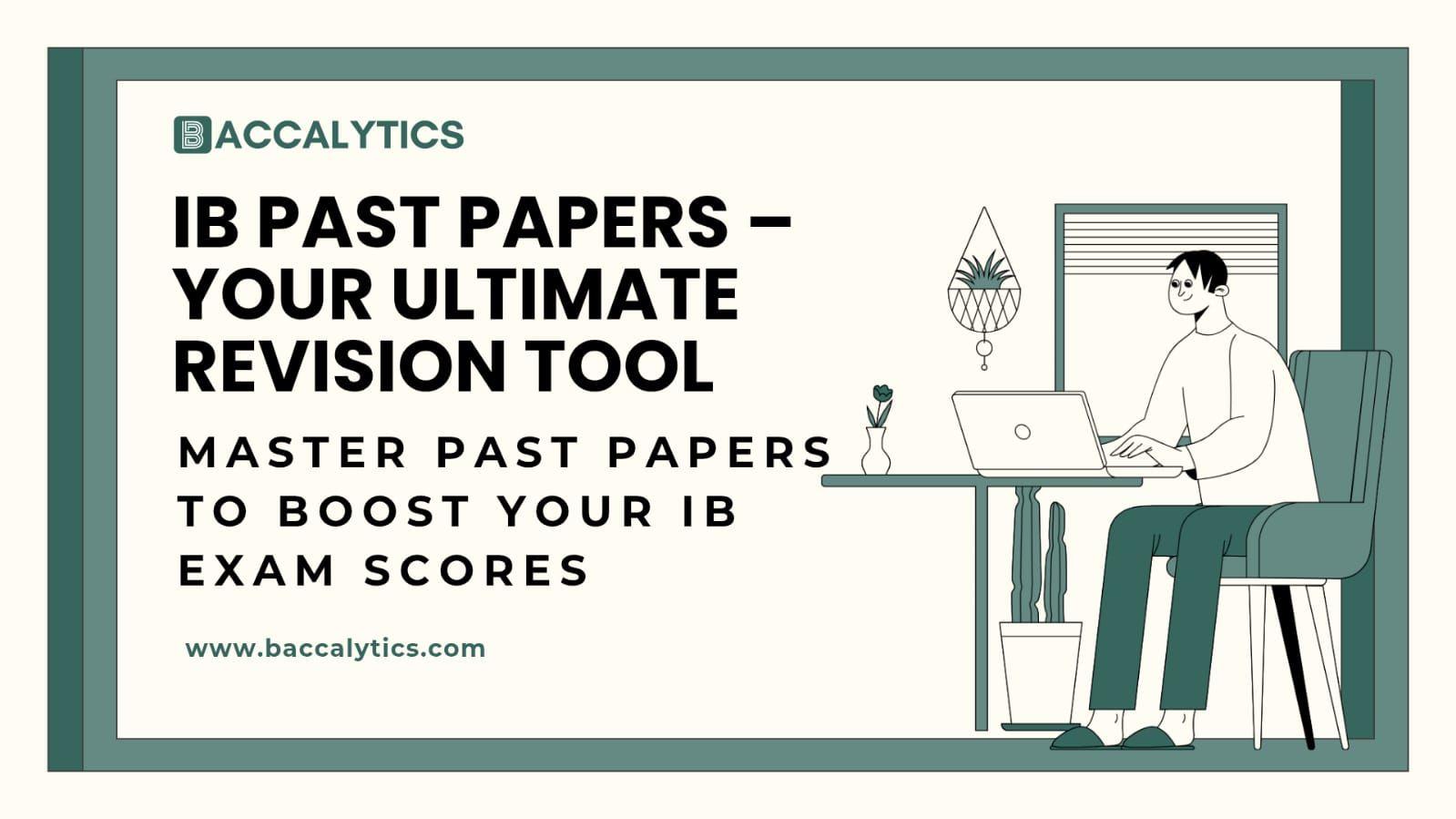
IB Past Papers: The Best Way to Revise for Higher Scores
Rabia Mateen
Hey IB students, let's face it: the journey to exam success can feel like navigating a complex maze. But what if you had a map, a way to see the patterns and predict the turns? That's what we're aiming for with a strategic approach to IB past papers.
Uncovering Hidden Patterns: Digging Deeper Than Surface-Level Practice
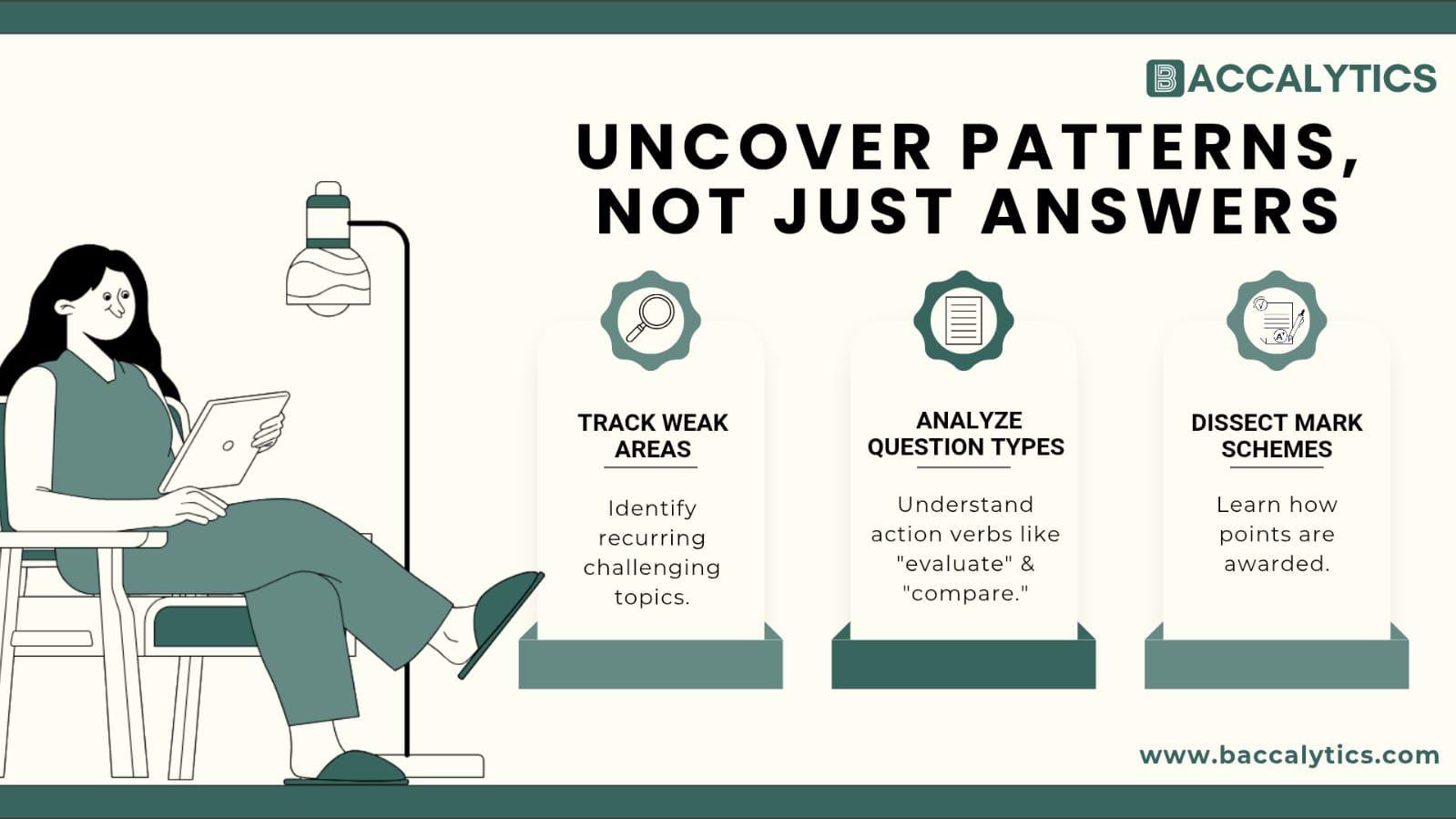
We're not just about solving papers; we're about extracting insights. Think of each past paper as a data point.
- Topic Mapping: Instead of just noting what you got wrong, start tracking which topics are consistently challenging you. Are there specific areas within the syllabus that keep popping up in your mistakes? This allows for focused revision. You can often find syllabus information on the official IB website, such as the IBO's Program Resource Centre.
- Question Type Analysis: Look at the verbs used in the questions. Are you struggling with "analyze," "evaluate," or "compare"? Understanding the nuances of these verbs is crucial for accurate responses.
- Mark Scheme Breakdown: Don't just check the final answer. Dissect the mark schemes. What keywords or phrases are consistently rewarded? How are points allocated? This understanding helps you tailor your answers for maximum impact. Many students find online communities helpful for discussing mark schemes, such as those found on platforms like Reddit's r/IBO.
Measuring Your Progress: Tracking Trends and Identifying Growth
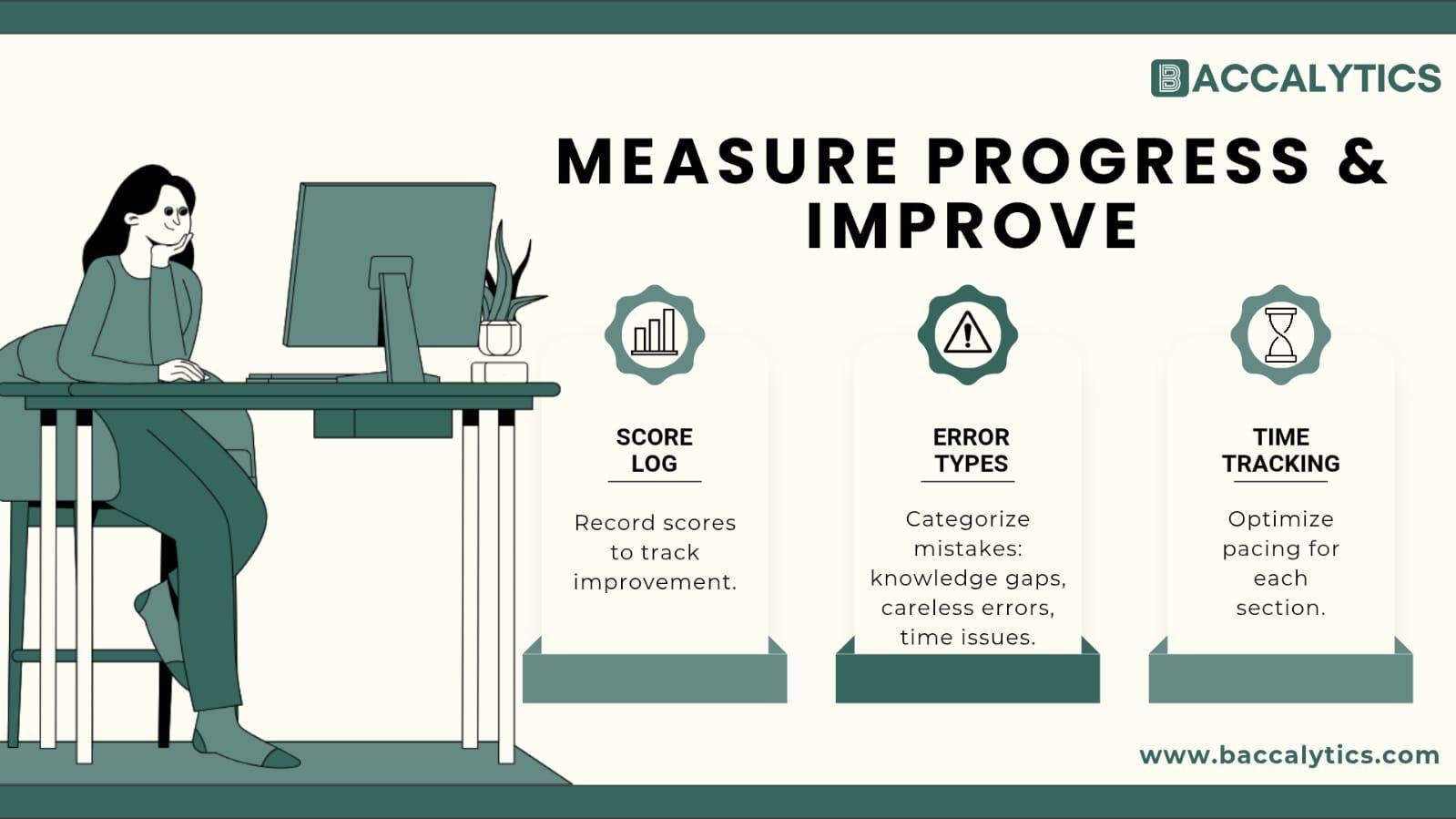
We need to see if our efforts are paying off, right? Let's track our progress in a meaningful way.
- Score Logs: Create a simple system to log your scores on each past paper. This allows you to visualize your progress over time.
- Error Categorization: Don't just count the mistakes. Categorize them. Are they knowledge gaps, careless errors, or time management issues? This allows you to pinpoint specific areas for improvement.
- Time Management Monitoring: Track how much time you spend on each question. Are you constantly running out of time on certain sections? This helps you refine your pacing strategy.
This data-driven approach allows you to see tangible evidence of your progress and adjust your strategy accordingly.
Anticipating Exam Trends: Looking Beyond the Obvious
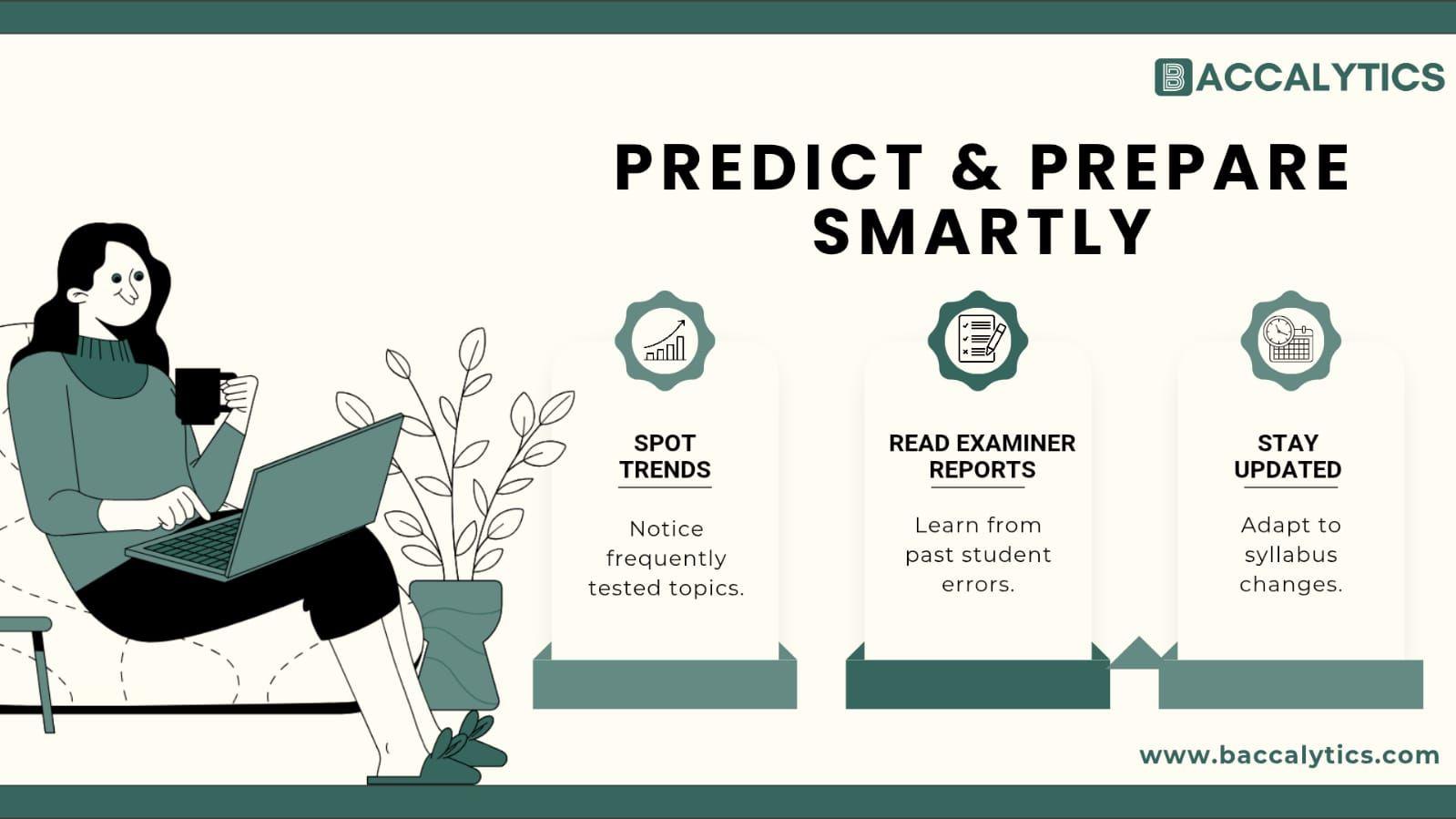
While we can't predict the future, we can look for clues.
- Pattern Recognition: Look for recurring themes and question types across multiple past papers. Are certain topics gaining prominence?
- Examiner Report Insights: Pay close attention to examiner reports. They often highlight common student errors and areas of focus.
- Syllabus Awareness: Stay updated on any syllabus changes and consider how they might impact exam content.
This proactive approach allows you to anticipate potential exam trends and prepare accordingly.
Putting It All Together: A Strategic Approach to Success
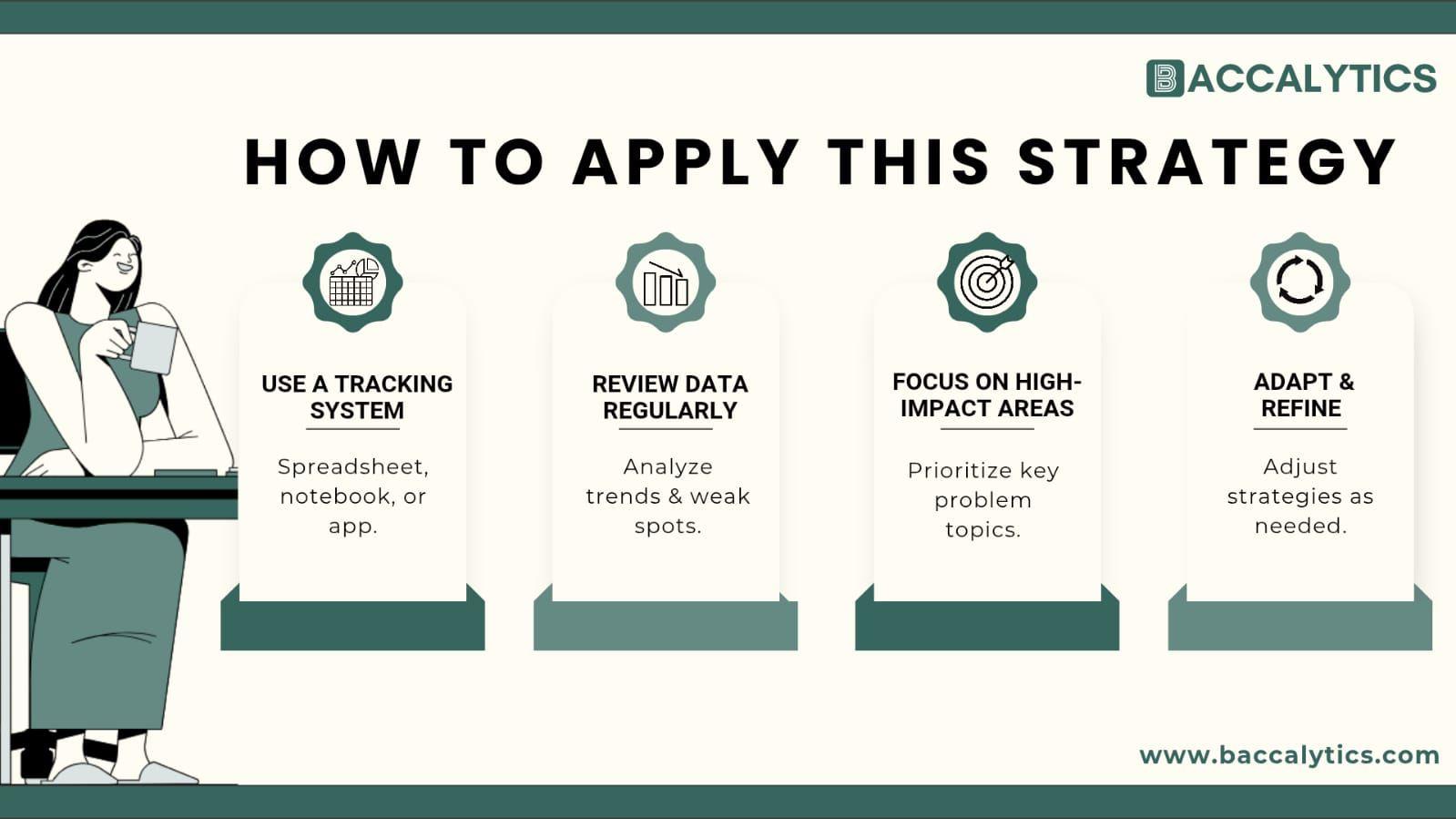
Here's how to implement this approach:
- Create a Tracking System: Use a spreadsheet or notebook to log your data.
- Regular Analysis: Schedule time to review your data and identify trends.
- Targeted Revision: Use your insights to focus your study efforts.
- Adapt and Refine: Be prepared to adjust your strategy as you gain new insights.
- Consider Baccalytics: For those who want to take their data analysis to the next level, tools that follow the approach of Baccalytics can provide even deeper insights.
By employing these strategic methods, you'll transform your approach to IB past papers, turning them into a powerful tool for achieving your academic goals.
